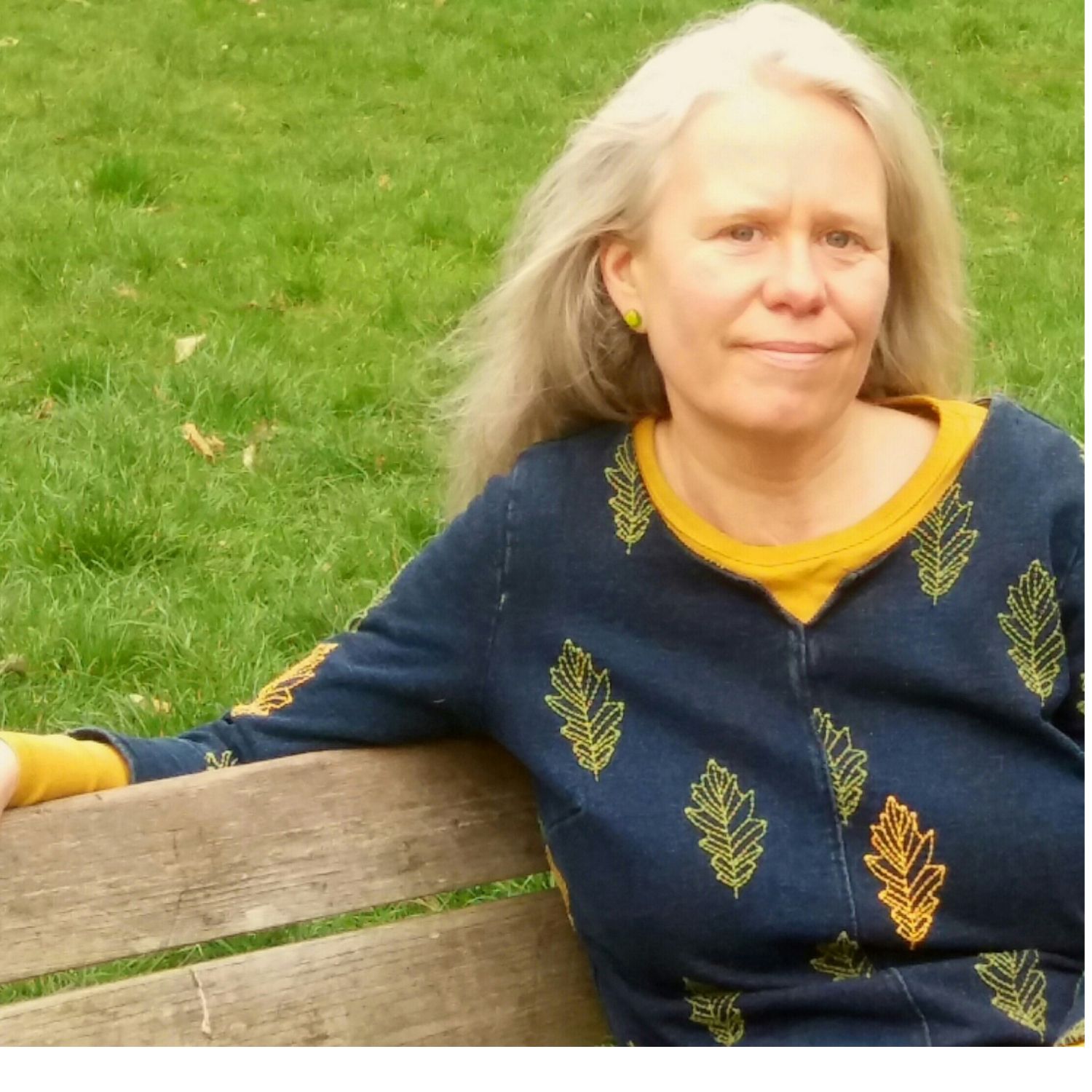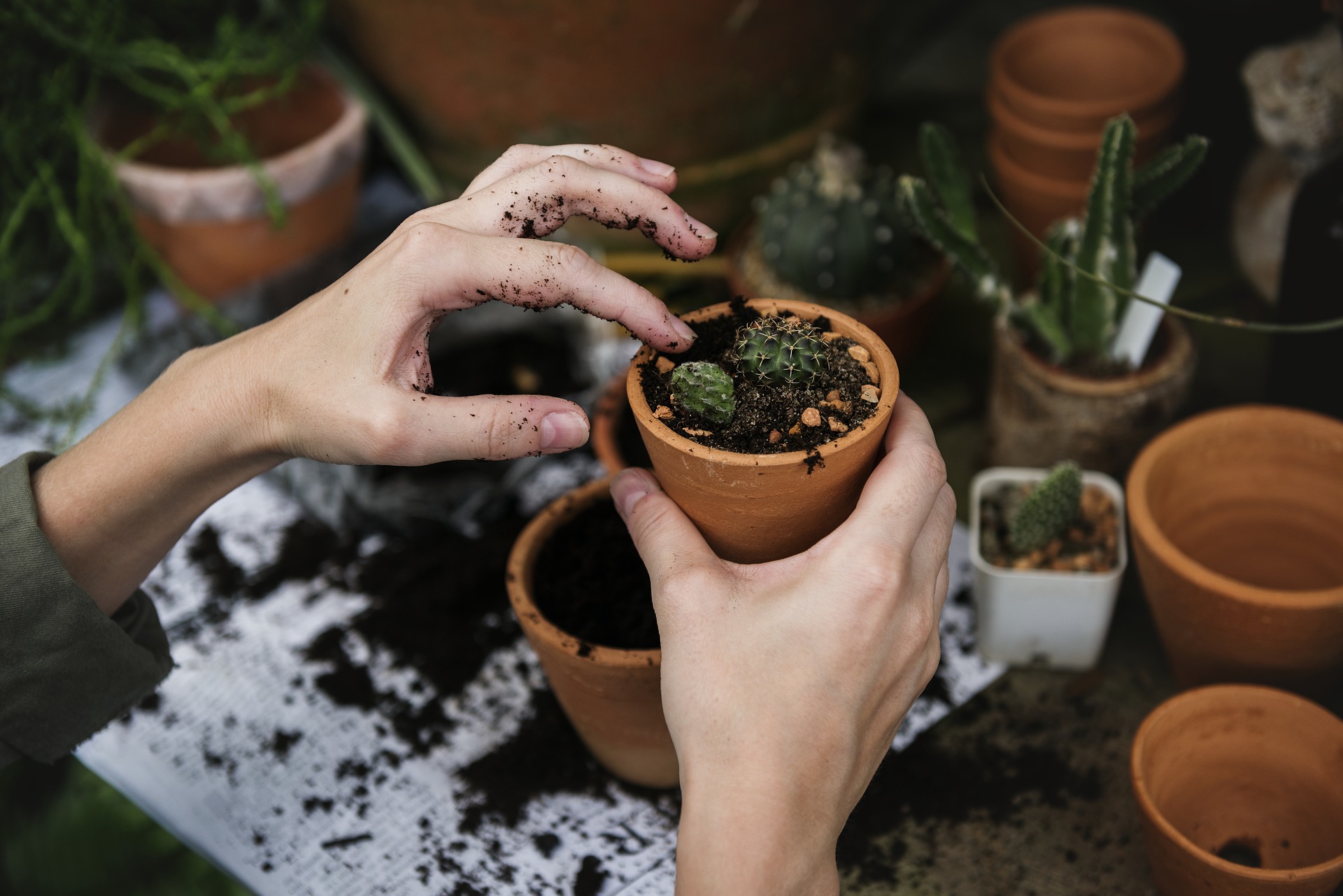Self care is like gardening. Our emotional, physical and spiritual wellbeing needs looking after. Self care is about regular maintenance.
Without some weeding there is not enough room for the seeds to grow into plants, and for the plants to stay strong.
The same principle applies to us, our personal development and growth, our energy and resilience.
Have you ever felt like you are losing touch with yourself? Or have you ever felt like you do not know yourself anymore?
Losing connection with our inner drive and motivation is common and normal.
Do you recognize any of the following?
- I don’t care any more.
- I’m frightened.
- I feel like a failure.
- I don’t know why I feel this way; nothing bad has happened.
- I am not sure whether this is serious enough to need help.
These can be signs of depression, which can occur at different levels of severity and for different lengths of time.
All of us will probably experience it in our lives, when positive energy has been ‘de-pressed’ from deep inside of us.
Why?
- Challenging situations;
- Busy and unhealthy lifestyles;
- Not enough time or opportunity to talk about how we feel;
- Too many distractions;
- Not enough breaks or activities to refuel mind and body…
All that and a lot more can contribute to a gradual build up of unprocessed feelings like fear, anger and grief.
Before we know it, we have started carrying a heavy weight, which takes energy. And life will go on making further demands on our emotional, mental and physical resilience.
Neglecting self care for our emotional health is like neglecting a garden (or window box).
Weeds will grow and with time not enough room or light is left for other plants to develop. Soon we can no longer harvest or enjoy, what we had originally planted. Nutrients are missing, weeds get out of control and we are embarrassed to admit, that this is our plot. The land will become unrecognisable.
The longer we leave it the more time consuming and harder clearing the weeds will become:
- We ignore it and find other activities to take our mind of the job.
- Or we laugh it off, pretending it does not matter, that we have it all under control.
- We try to reassure neighbours, whose gardens are now being encroached by the weed, that we will see to it.
- We ask for time.
- But deep down, we are unsure what to do. What tools are needed; can our backs take the hard work?
- Can we pay someone else to do the job for us?
And this is where the weeding analogy ends.
We cannot ask someone else to sort out our mental health for us.
We can ask for help and encouragement.
But we have to do job of emotional self care ourselves.
Counselling, therapy, mindfulness, meditation, joining a group… these are all ways of emotional self care, taking charge and dealing with the situation.
Whatever may have accumulated over time can be explored; connections made between past events and how we feel; ghosts put to rest; sadness, fear, resentment finally expressed; tears of sadness or anger shed and a relief felt as the load gets lighter.
Through this process of self care we gradually start to
- understand why we feel the way we do
- reconnect with ourselves again
- put events and feelings into perspective
- get increasing clarity and transparency, which may reduce our fears
- free up mental and emotional space to consider choices we have for dealing with difficult situations or changes we want to make in our lives.
During very dark hours, hope and change can feel near impossible. But in time the process of ‘emotional weeding’ and emotional self care can restore a plot of land (or a window box) to a canvas of peace and new opportunities.
WATCH KARIN’S VIDEO
“Why self care is not selfish, and how to start putting ourselves first without feeling guilty.”
Originally published at karinsieger.com
(Featured image courtesy of rawpixel)


